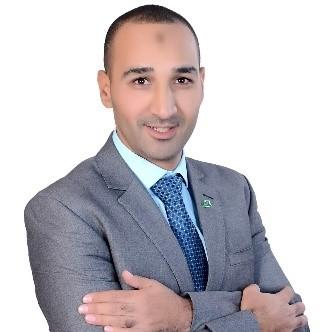Training Courses in Institutional Capacity Building
Community study methodology based on community participation

Training Description
One of the factors influencing the ability of a civil organization to deal with the future is the extent to which it possesses a realistic future vision based on future orientalism of the social, economic, political and environmental reality of society in terms of problems, opportunities and adequacy of resources. Hence the importance of this training course, which aims to introduce methods of monitoring and analyzing societal needs, opportunities, and resources at the local community level. These methods are characterized by rapid performance and low costs. Managing the monitoring process, reaching deep into the community, and drawing a current and future picture of it. Through monitoring and analysis tools, it is possible to help civil society organizations build their future vision regarding their role within the community and enhance community participation. The organization’s ability to anticipate the future and accurate knowledge of the community is considered one of the requirements for institutional sustainability to increase its ability to confront risks and challenges.

Training Period
3 training days
Target Group
Pioneers of sustainable civil society work, members of boards of directors, middle management, project managers, program officials, and executive management of civil society organizations
Training Start
November 19, 2024
Training Goals
Main Goals:
Providing participants with the ability to apply data monitoring and analysis tools according to the rapid participatory research methodology to draw a picture of the reality of the local community.
Secondary Goals:
By the end of this training course, participants will be able to:
1- Know the concept of assessing and identifying societal needs
2- Applying the tools and methods used to monitor sustainable community needs, resources, and opportunities.
3- Determine the skills necessary for field application and the process of monitoring needs, such as the skill of analyzing problems and the skill of preparing descriptive reports for communities.
Main Topics
- Sustainable development as an entry point for community development.
- The most important requirements for achieving the sustainable development goals.
- The relationship of the community study methodology based on community participation to the requirements for achieving sustainable development goals.
- The emergence of community needs assessment
- General concepts related to needs assessment
- Tools and methods used to monitor needs
- Historical overview
- Focused discussion - Semi-structured interviews
- Secondary sources - daily routine - maps - progression
- The problem (formulated - solved)
- Seasonal calendar - Organizational chart
- How to design a research plan to estimate and monitor community needs
- How to write a report on monitoring and assessing community needs
Certificate
1. Attending all training days at a rate of no less than 75%.
2. Participation and interaction during training.
3. Implementing the practical applications required daily.
4. Submitting the graduation project on the specified date.
Trainers

Dr. Walid Sayed

Mr. Yasser Badri
Submit a Request to Participate in Training
You must log in first to request participation in the training
LoginReviews
showing to of 0 Review